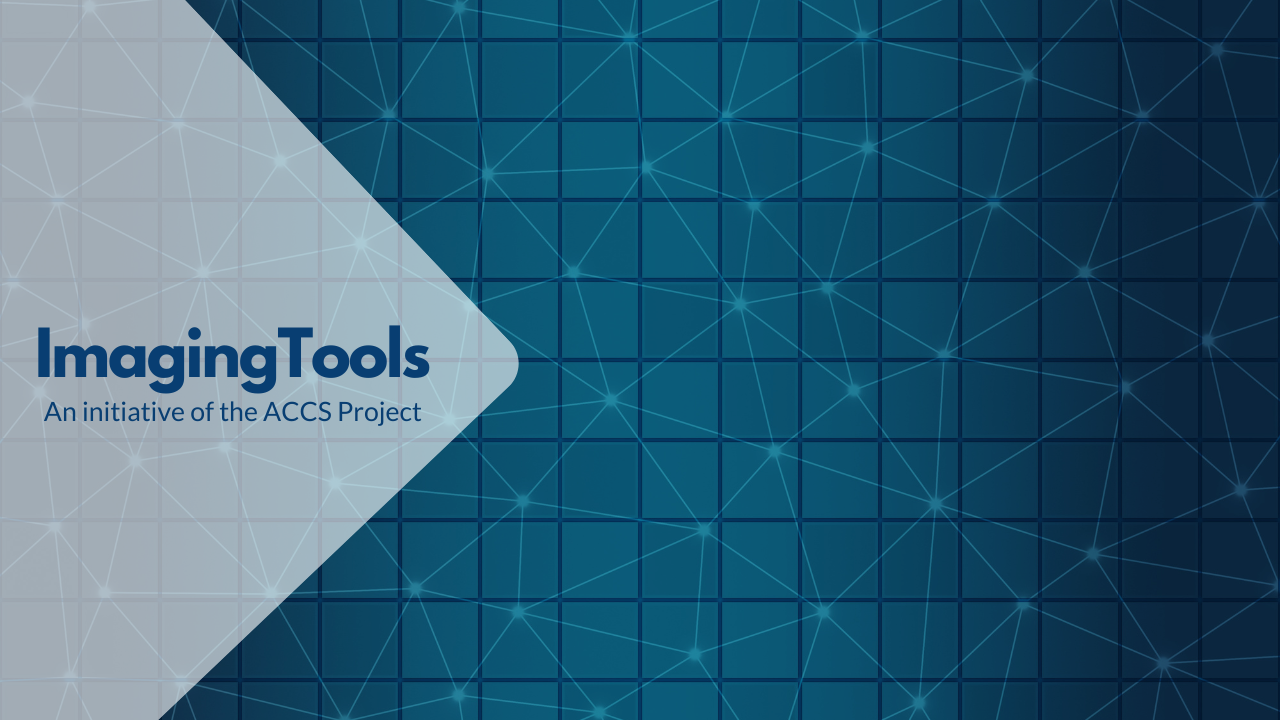Keywords: Climate projections or CloudStor or FAIR data or National Research Infrastru... or virtual laboratory
-

The Australian Characterisation Commons at Scale (ACCS) Project
ImagingTools: helping researchers find and access digital characterisation resources, including...
0 upcoming event (15 past event)The Australian Characterisation Commons at Scale (ACCS) Project https://www.imagingtools.au https://dresa.org.au/content_providers/the-australian-characterisation-commons-at-scale-accs-project ImagingTools: helping researchers find and access digital characterisation resources, including online environments, computing facilities, data, training and events. /system/content_providers/images/000/000/016/original/Minimal_Modern_Elegant_Background_Technology_Youtube_Thumbnail_%285%29.png?1671146621 -

Heurist Network
### What is Heurist? Heurist is a comprehensive, flexible data management service built...
1 training material0 upcoming event (15 past event)Heurist Network https://heuristnetwork.org https://dresa.org.au/content_providers/heurist-network ### What is Heurist? Heurist is a comprehensive, flexible data management service built specifically for the Humanities, available both as a free service, or for download to a private server (open source). Its development has been driven and informed by dozens of Humanities research projects. Heurist is a human-centered interface to a MySQL (or other SQL server) database. It operates as a hybrid relational / graph database, hiding all the complexity of SQL, tables, relational joins, relational integrity etc. behind (fairly) simple choices. It’s available on a number of non-commercial web services (free to use) and on private web servers. You can also install it on your own server if you wish. ### What we offer We offer frequent training and collquia for our users, indeed for all Humanities researchers who use digital methods and require a database. Our users are a diverse community of researchers across Australasia, Europe, Asia, Africa and the Americas. We also offer one-on-one support and ad-hoc training for projects who use our technology, or individuals who need a hand gettings started with Humanities databasing. /system/content_providers/images/000/000/018/original/h6logo_intro.png?1653544233 -

EcoCommons
A Planet RDC project, EcoCommons is building a collaborative commons that is developing...
8 training materialEcoCommons https://www.ecocommons.org.au/ https://dresa.org.au/content_providers/ecocommons A Planet RDC project, EcoCommons is building a collaborative commons that is developing ecological modelling tools. It currently provides; access to point-and-click species distribution modelling (SDM) tools, projections of how those distributions might change as the climate warms, access to a variety of spatial data grids (rasters), and API connection to records from the Atlas of Living Australia. /system/content_providers/images/000/000/034/original/ecocommons-logo.png?1711521620 -

AARNet
AARNet is a not-for-profit company that provides ultra high-speed internet, cyber security, data...
4 training materialAARNet https://www.aarnet.edu.au/ https://dresa.org.au/content_providers/aarnet AARNet is a not-for-profit company that provides ultra high-speed internet, cyber security, data and collaboration services to meet the unique needs of Australia's research and education sector. We focus on empowering researchers and educators to make the most of digital technologies through the training and support initiatives we offer. /system/content_providers/images/000/000/003/original/AARNet__logo_withtag_mono.png?1633403679 -

Atlas of Living Australia
The Atlas of Living Australia (ALA) is a collaborative, digital, open infrastructure that pulls...
0 upcoming event (1 past event)Atlas of Living Australia https://www.ala.org.au/ https://dresa.org.au/content_providers/atlas-of-living-australia The Atlas of Living Australia (ALA) is a collaborative, digital, open infrastructure that pulls together Australian biodiversity data from multiple sources, making it accessible and reusable. The ALA helps to create a more detailed picture of Australia’s biodiversity for scientists, policymakers, environmental planners and land managers, industry and the general public and enables them to work more efficiently. The ALA is the Australian node and a full voting member of GBIF – the Global Biodiversity Information Facility – an international network and data infrastructure funded by the world’s governments and aimed at providing anyone, anywhere, open access to data about all types of life on Earth. /system/content_providers/images/000/000/017/original/ALA_Logo_Inline_CMYK.jpg?1652413583